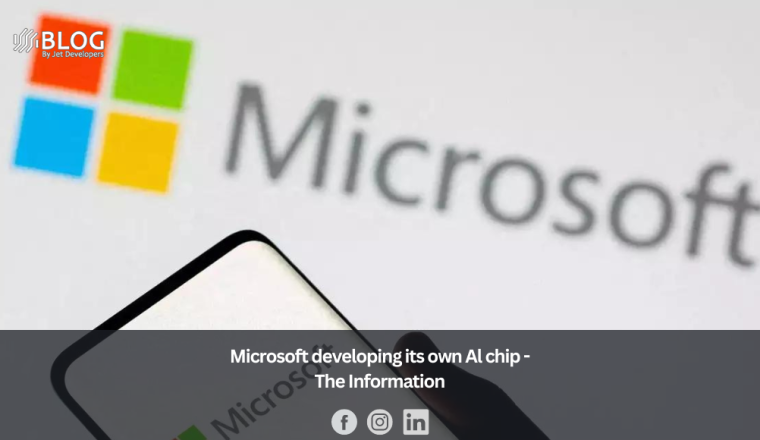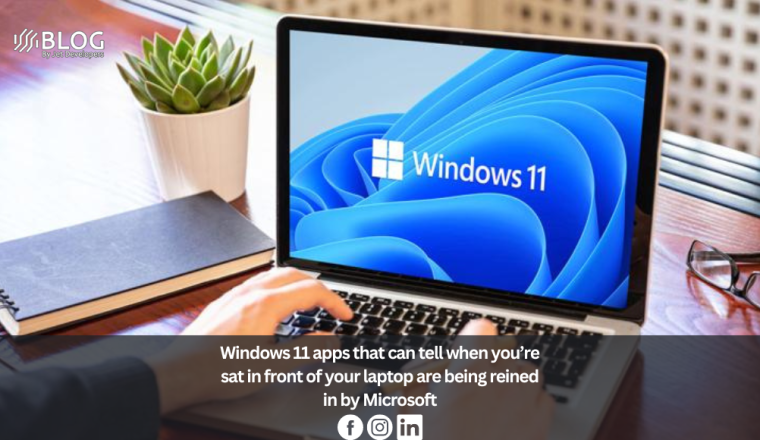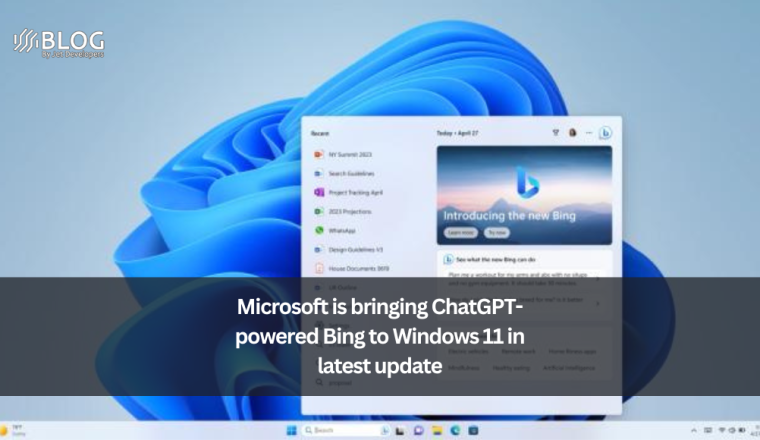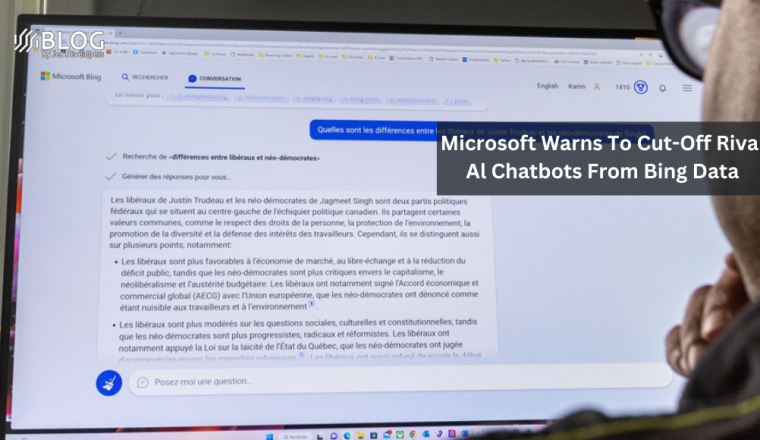Microsoft is planning to launch a mobile app store that will compete against the App Store and Play Store.
According to Microsoft’s Xbox head Phil Spencer, Microsoft will take advantage of an upcoming EU law that will break up the monopoly held by the two major smartphone platform holders.
“We want to be in a position to offer Xbox and content from both us and our third-party partners across any screen where somebody would want to play,” Spencer told the FT.
“Today, we can’t do that on mobile devices but we want to build towards a world that we think will be coming where those devices are opened up.”
The demise of Windows Phone left Apple and Google to dominate the smartphone market. Both companies have been investigated for abusing their position to implement unfair and anticompetitive policies.
In March 2024, the EU is set to introduce the Digital Markets Act in a bid to tackle the problem. Under the legislation, Apple and Google will be forced to open their platforms to third-party app stores.
“The Digital Markets Act that’s coming – those are the kinds of things that we are planning for,” added Spencer. “I think it’s a huge opportunity.”
Google has come under less regulatory scrutiny on the app store issue than Apple because it technically allows third-party stores to be sideloaded on Android. The EU’s legislation will seek to make installing alternative stores commonplace and reduce the hoops that users have to jump through.
Apple is notorious for its “walled garden” approach to iOS that it argues provides users with a better and more secure experience. Critics believe it’s a cover to protect the billions that Apple makes annually via the App Store and point to macOS’ relative openness as a contradiction to its key arguments.
In a letter to lawmakers last year, cybersecurity expert Bruce Schneier said that Apple’s concerns about sideloading were “unfounded” and that it’s “simply not true” that legislation such as the EU’s puts user privacy and security at risk.
“it’s fairer to say that this legislation puts those companies’ extractive business-models at risk. Their claims about risks to privacy and security are both false and disingenuous, and motivated by their own self-interest and not the public interest,” wrote Schneier.
“App store monopolies cannot protect users from every risk, and they frequently prevent the distribution of important tools that actually enhance security. Furthermore, the alleged risks of third-party app stores and ‘side-loading’ apps pale in comparison to their benefits.
“These bills will encourage competition, prevent monopolist extortion, and guarantee users a new right to digital self-determination.”
Microsoft has fallen foul of Apple’s App Store rules after being blocked from releasing a native app for its Xbox cloud gaming service. Microsoft has released such an app on Android but on iOS it’s forced to stream cloud games using the web browser.
After the EU’s Digital Markets Act, Microsoft will finally be free to offer a native Xbox cloud gaming app on iOS—even if it has to be distributed through its own store on the platform.









